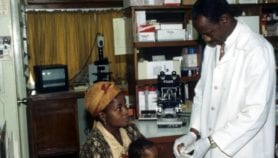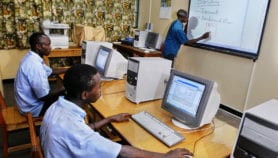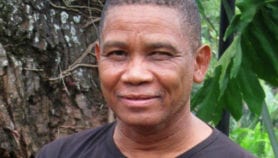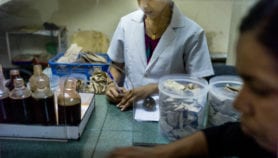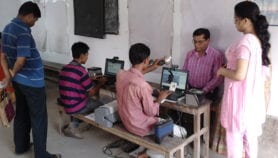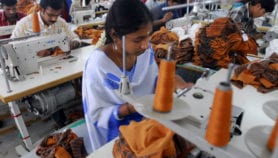By: Priya Shetty
Send to a friend
The details you provide on this page will not be used to send unsolicited email, and will not be sold to a 3rd party. See privacy policy.
A recent UNESCO declaration on ethical and human rights aspects of medical research has been heavily criticised by an international group of specialists in the field, who say it has little value.
The bioethicists were writing in this month’s special issue of Developing World Bioethics, which is devoted to analysing the declaration. Most of the authors agree that while making the declaration was a laudable effort, the document is riddled with conceptual problems.
The declaration, drafted by a committee of government officials in June, provides guidance on how to draft laws covering ethics and human rights in science (see Ethics, science and human rights come together).
It will be presented for adoption at the UNESCO (the United Nations Educational, Scientific and Cultural Organization) general conference in October.
Udo Schüklenk, editor of Developing World Bioethics, told SciDev.Net that one concern is that if developing countries endorse the declaration in its current form they could put their citizens at risk.
"Unlike developed countries, they are less likely to be equipped to undertake a comprehensive analysis of the practical implications of a given UN document," says Schüklenk.
"In this case, the consequences could be disastrous for developing countries’ capacity to respond to public health emergencies or their attempts to build up functional biomedical research infrastructures."
The journal’s articles vary in the strength of their criticism.
John Williams, the World Medical Association’s director of ethics, calls the declaration a "major disappointment" and questions the merit of UNESCO involving itself in an area about which it has no expertise, and which falls under the mandate of another UN body, the World Health Organization.
Matti Häyry and Tuija Takala at the UK-based University of Manchester say the declaration unnecessarily limits the scope of bioethics to life sciences and their practical applications.
Bioethics, they say, also includes political and ideological choices, which in turn are based on preferences, religious beliefs, cultural convictions, and philosophical views.
The journal’s editorial by Schüklenk and co-editor Willem Landman says that values the declaration claims are universal are "nothing of the sort" and that some of the document’s principles are in direct conflict with others.
Several authors point out that terms such as ‘human dignity’ are undefined and lack clarity. The unclear and unsatisfactory wording is probably due in part to UNESCO’s haste in drafting the declaration, says Williams.
But not all of the authors condemn the declaration.
Atsushi Asai and Sachi Oe of Japan’s Kumamoto University believe it should "be regarded as an up-to-date and well-organised compendium of bioethical knowledge".
Responding to critics, UNESCO’s director of ethics of science and technology, Henk ten Have, told SciDev.Net that the journal’s content was "acrimonious" and stems from a misunderstanding of the way UN agencies work.
Member states have charged UNESCO with coordinating the work of other UN agencies such as the World Health Organization says ten Have.
He adds that rather than promoting ‘academic’ bioethics as the journal editors do, UNESCO aims to use its guidance, "to educate healthcare professionals and young scientists in ethics, to establish ethics committees, and create an infrastructure for bioethics".
Reference: Developing World Bioethics 5 (special issue), (2005)




